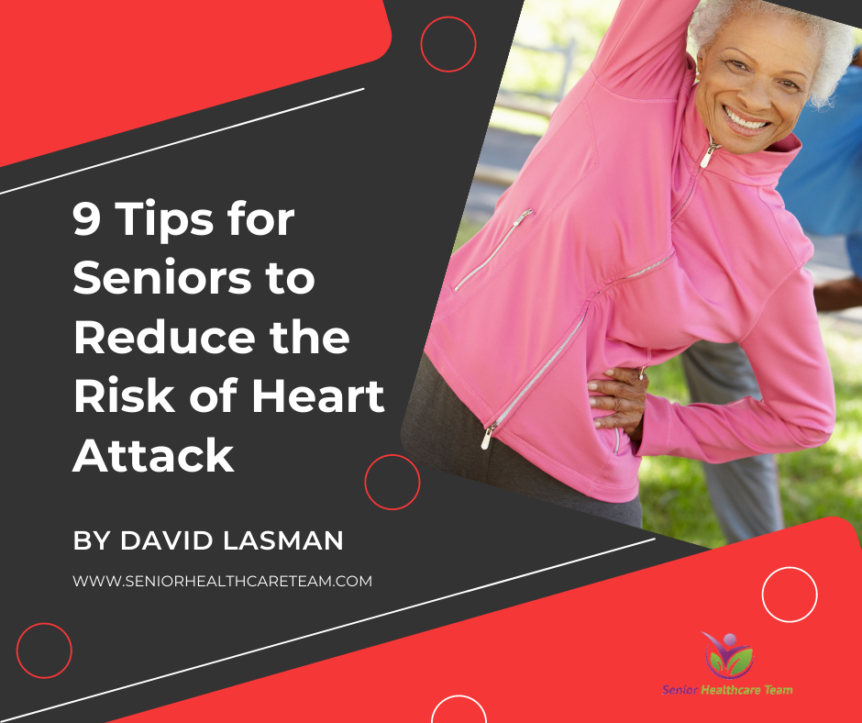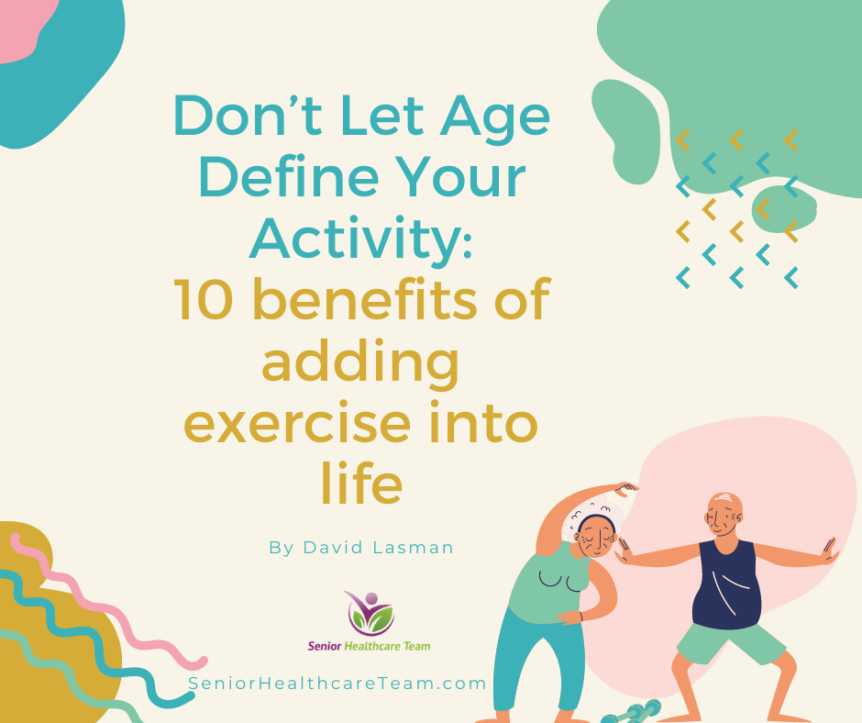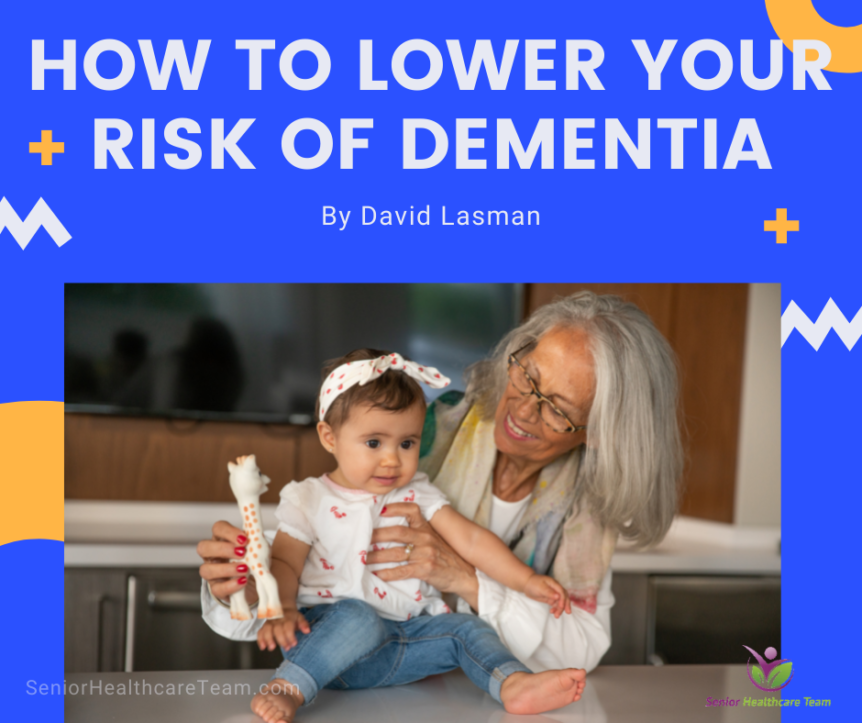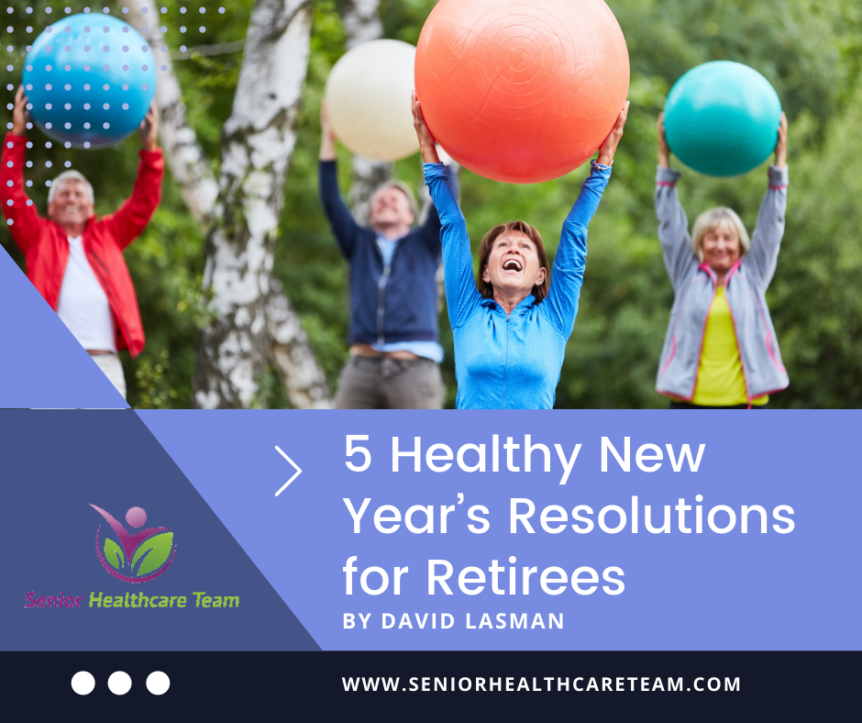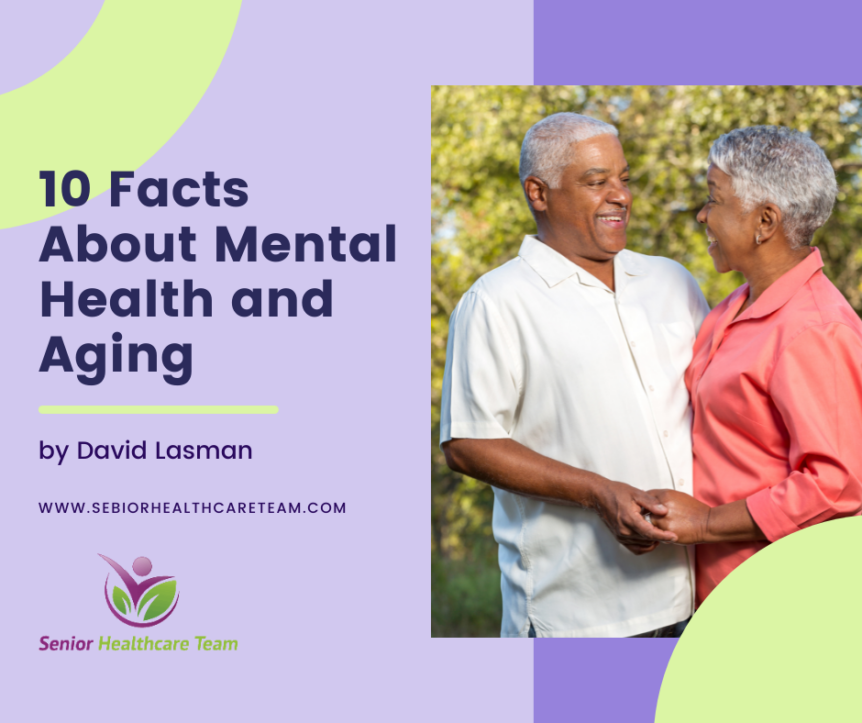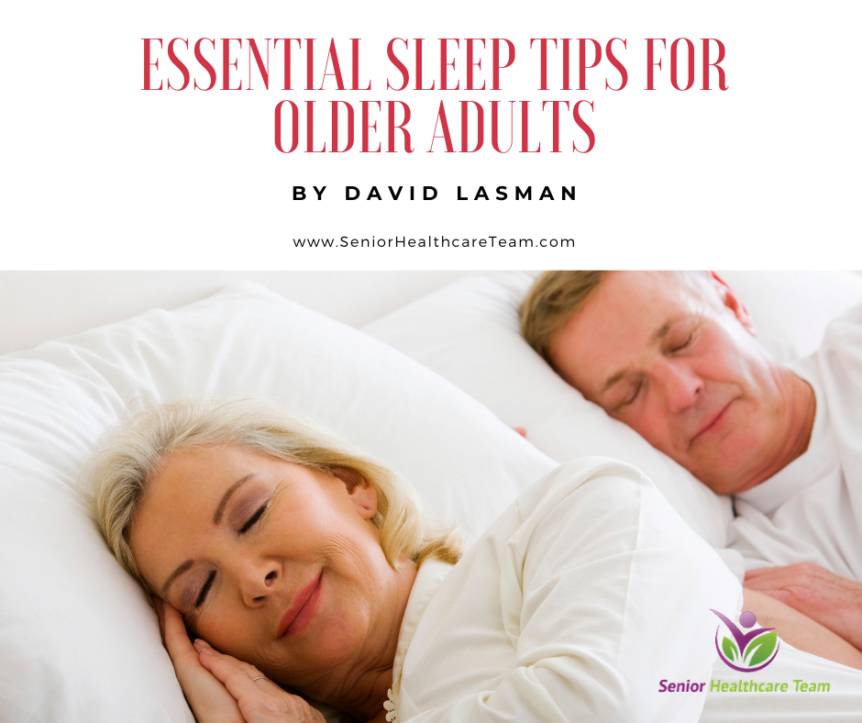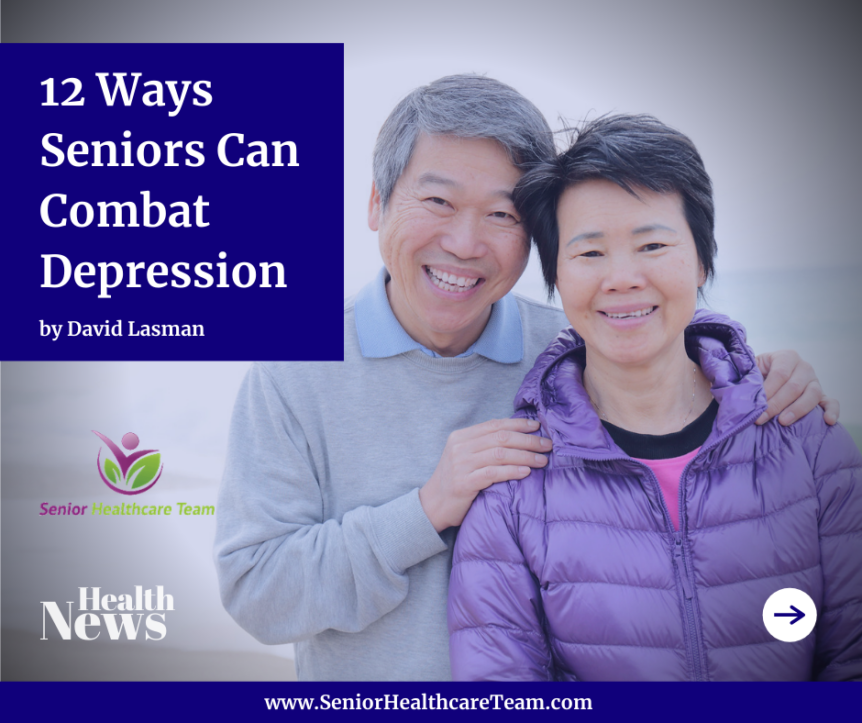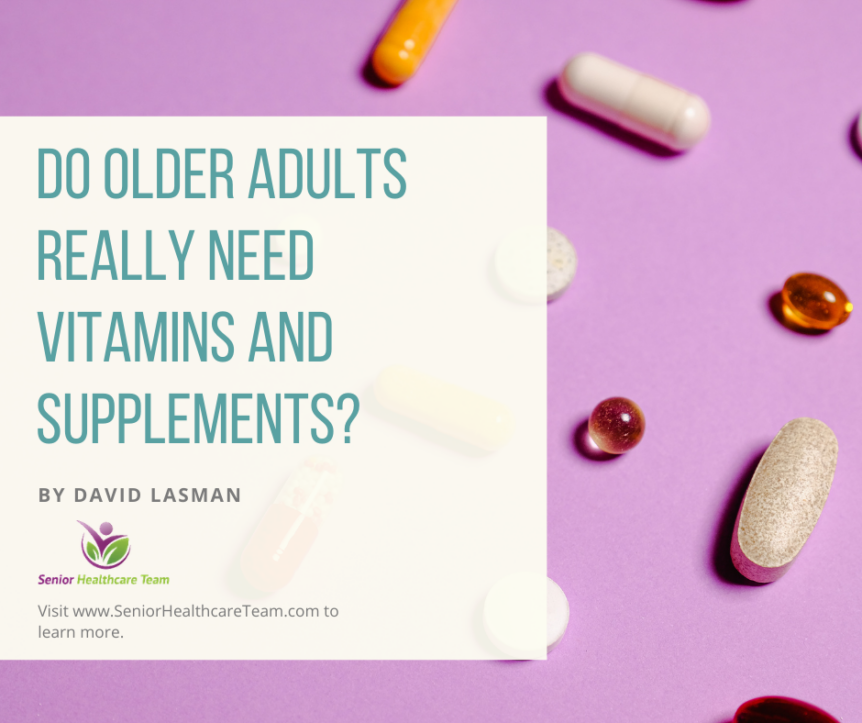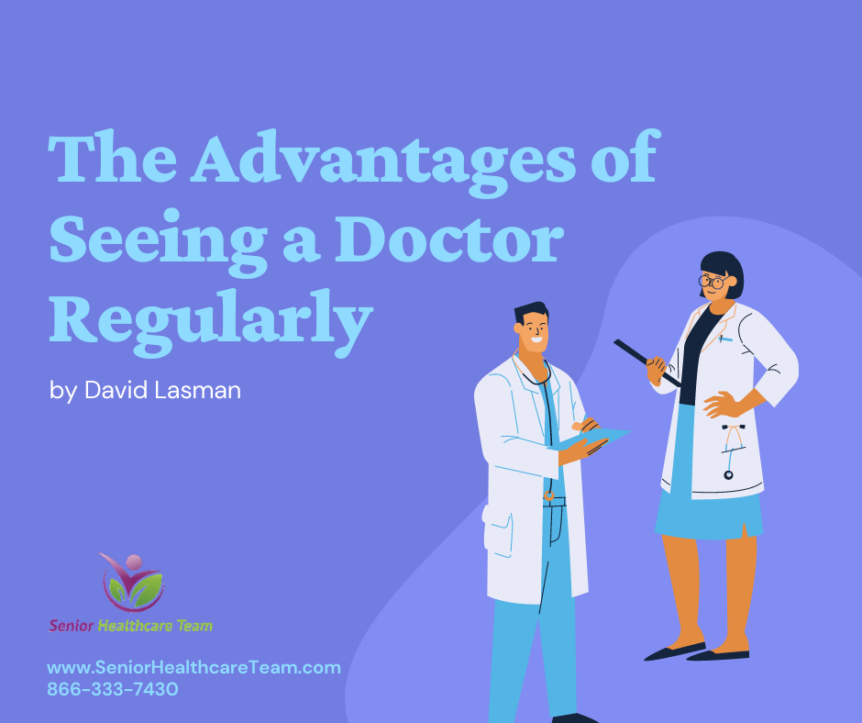People age 65 and older are much more likely than younger people to suffer a heart attack, to have a stroke, or to develop coronary heart disease (commonly called heart disease) and heart failure. Heart disease is also a major cause of disability, limiting the activity and eroding the quality of life of millions of older people.
Don’t Let Age Define Your Activity: 10 benefits of adding exercise into life
Regular exercise and an active lifestyle for seniors provides a variety of health benefits that extend beyond the obvious, including improvements in blood pressure, diabetes, lipid profile, osteoarthritis, osteoporosis, and neurocognitive function.
How to Lower Your Risk of Dementia
It’s never too late (or too soon) to take preventive steps. Heredity influences whether or not a person develops dementia; having a parent or sibling with dementia is a risk factor.
5 Healthy New Year’s Resolutions for Retirees
Every January, countless people resolve to get healthier in the new year. Often, these resolutions come with intense exercise goals or diet restrictions – and unrealistic goals that inherently make such resolutions short-lived. If you’re looking to make 2022 a healthier year, we recommend adopting a strategy that will help you maintain your health (and motivation!) for months to come.
10 Facts About Mental Health and Aging
Depression is not a normal part of aging. Yet depression is a widely underrecognized and undertreated medical illness. It’s just as important for an older person with symptoms of depression to seek treatment as it is for someone younger.
Essential Sleep Tips for Older Adults
There are many reasons why older people may not get enough sleep at night. Being older doesn’t mean you have to be tired all the time. You can do many things to help you get a good night’s sleep. Here are some ideas:
12 Ways Seniors Can Combat Depression
Roughly a quarter of people age 65 or older suffer from depression. More than half of doctor’s visits by the elderly involve complaints of emotional distress. Twenty percent of suicides in this country are committed by seniors, with the highest success rate belonging to older, white men.
Do Older Adults Really Need Vitamins and Supplements?
Do you really need to take that vitamin? Probably not. More and more data shows that healthy people don’t gain anything from popping vitamins and minerals, and supplements may even pose risks.
Winter Safety Tips to Safeguard Seniors from Injury
As we age, cold weather can be extremely dangerous. Plummeting temperatures can lead to, icy sidewalks, hypothermia and other serious injuries. If you have elderly neighbors, friends, or relatives, check in with them this winter and share these winter safety tips.
The Advantages of Seeing a Doctor Regularly
Seeing a doctor regularly is a vital investment for your health. Regular examinations catch problems early, when they are more treatable. This is particularly important for older adults, as susceptibility to illness increases with age.

